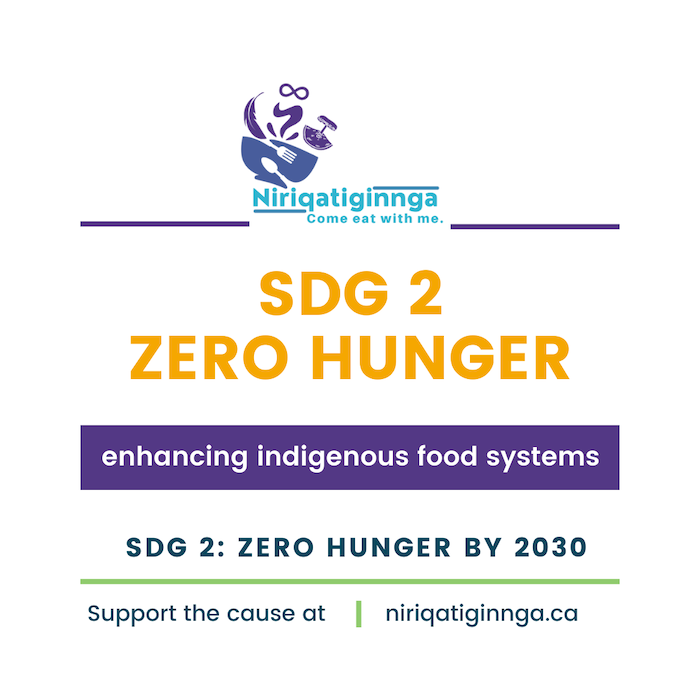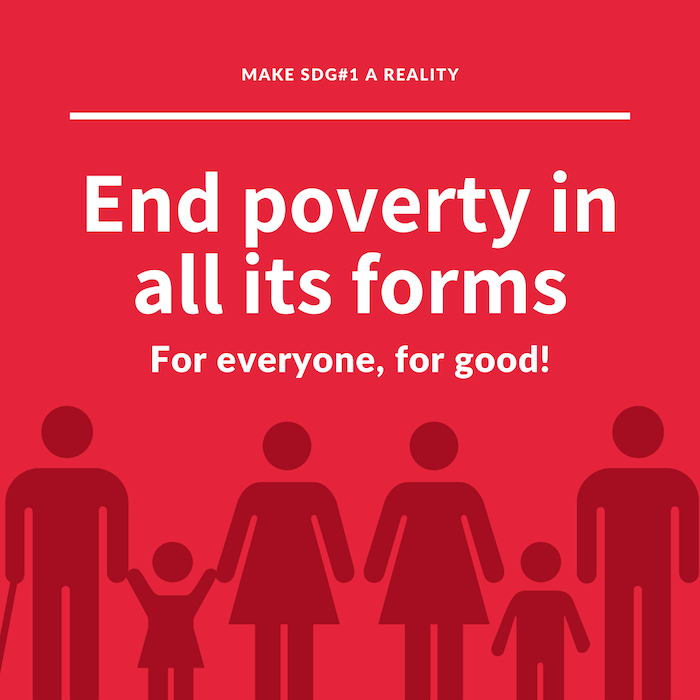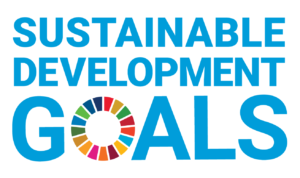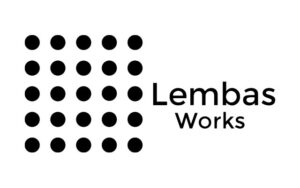In this week’s group meeting, the team talked about its plans for using arts and participatory approaches to supporting capacity building for data literacy within Northern organizations and nonprofits. This summer, as part of our food security and community-based research with organizations like Niriqatiginnga and Amautiit, we hope to explore in more detail, concepts for leveraging advanced artificial intelligence (AI) technologies and community-driven methodologies to equip boards, staff and volunteers with tools and skills necessary for effective data measurement, reporting, and capacity enhancement.
Here’s a recap of today’s meeting:
At the core of this summer’s project is conceptualizing and possibly prototyping an AI-powered platform fusing both technology skills training, Arts and Community-Based Participatory Research (CBPR) methodologies.The hope is, that by actively involving community members in the design and development phases, these kinds of platforms can be tailored to address specific needs and challenges faced by Northern organizations. We also want to explore with several of our collaborating institutions, how AI solutions can be developed to accurately reflect community realities.
We’ve had some terrific conversations over the last few months about the adoption and use of artificial intelligence technologies in our projects. Many of these conversations started with our application to the Open AI Superalignment Fast Grants program. Superalignment activities often require interdisciplinary collaboration between AI researchers, ethicists, policymakers, and community members. Today’s meeting saw a brief discussion and diverse perspectives around the ethical implications and and how these tools can support better decision-making. This is especially important, given the rapid advancement of AI technologies. As these technologies continue to grow, ongoing learning and adaptation are going to be essential. Superalignment activities need to involve staying informed about emerging ethical challenges and adapting strategies accordingly.

Building on what we’ve learned so far …
Some of these concepts were introduced in our first pilot project, supported by strategic innovation funding from the Canada Council for the Arts Digital Greenhouse and the Our People Our Climate and Permafrost Pathways projects. One of the outcomes from that project was greater interest in exploring how arts-based and participatory approaches can be incorporated into skills development and training processes to make data literacy culturally relevant and engaging. For example, emerging and established artists and culture sector workers who took part in our projects, saw value in skills through storytelling, visual arts, and performance, but also a deeper understanding of data measurement and reporting within different socio-economic and cultural contexts.
This year, we want to build more on those initial foundations. There are a few areas that have been brought up, such as: implementation of culturally tailored prompt languages for AI systems. This part is aimed at understanding how we can enable Northern organizations to communicate effectively, enhancing data literacy and community engagement. Ideally, we would do this through training workshops grounded in CBPR methods, where board members, staff and volunteers gain proficiency in using prompts, advancing their technical, data, and even cultural literacy.
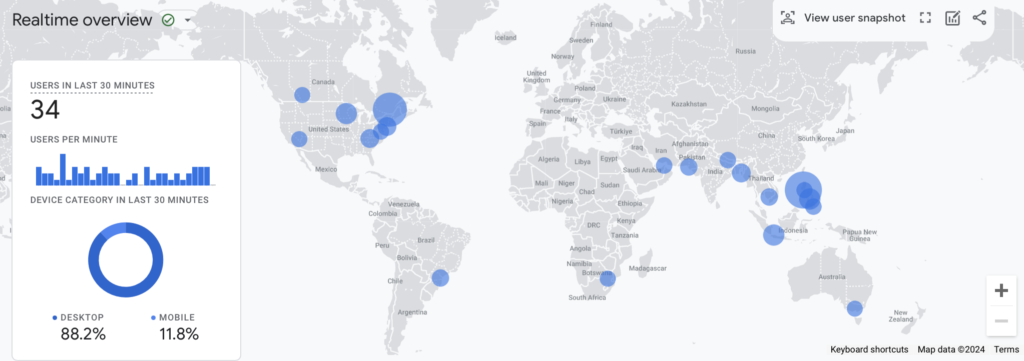
Data: We can’t manage what we can’t measure
We’re also going to start exploring new techniques with technologies such as Retrieval-Augmented Language Models (LLMs) to streamline data retrieval and analysis processes. A lot of organizations in our consultations and engagement for this project identified a huge need for data. Some don’t have the capacity to even capture baseline data/information. So we want to take a deeper look this year as how project members can be trained to leverage LLMs for efficient information gathering, facilitating capacity-building efforts within Northern organizations.
And with exploring models for machine learning, it was recommended our project also look at concepts around LLM Fine-Tuning and Representation Learning for specialized applications. The goal here is about exploring some of these technology opportunities. We want to learn more how equipping community organizations, boards, staff and volunteers with skills to fine-tune AI models can help promote technical literacy, while simultaneously empowering nonprofits to be able to extract meaningful insights tailored to their needs.
One interesting approach we’re starting to explore already through the /UNDA project is using these kinds of tools to help measure our activities that advance the Sustainable Development Goals. Learning to better harness the power of these tools, projects hope to improve their ability to measure activities against priorities, such as those in the United Nations Declaration on the Rights of Indigenous Peoples (UNDRIP) Action Plan, The Framework to Build a Green Prairie Economy, the Federal Pathway to Address Missing and Murdered Indigenous Women, Girls and 2SLGBTQQIA+ Peoples.
Bringing everything together is one additional area everyone is keen to learn more about: Superalignment and AI Safety. The goal for this set of activities will be to collaboratively explore how ethical considerations need to be central to AI systems development. There’s an identified need from our consultations for educating community members about AI ethics and involving them more in decision-making. So in a big way, we’re planning to use the arts and participatory methodologies and approaches we’ve learned through past projects to better understand how responsible AI usage can be aligned with community projects and priorities.
Upcoming Events and Activities
This month we submitted an application to the Youth Employment and Skills Program. The Youth Employment and Skills Program (YESP) will contribute approximately $13.5 million to projects that employ youth and youth facing barriers. Each project will be eligible to receive up to $14,000 in matching funds to employ one (1) employee. Agriculture and Agri-Food Canada is one of several Government of Canada departments participating in the Youth Employment and Skills Strategy. We hope to be able to support more youth working with projects like Niriqatiginnga. The team also submitted an application to the Department of National Defence Indigenous Reconciliation Program.
In April we are really excited to be connecting with the amazing researchers at IVADO. They’re a really inspiring organization that generates, stimulates and supports initiatives in artificial intelligence (AI), by bringing together the research community, organizations and institutions. Last year, their R3AI project to develop artificial intelligence that’s robust, reasoning and responsible, was awarded a $124.5-million grant from the Canada First Research Excellence Fund. We’re really excited to be connecting with them and to learn about the incredibly advanced work they are doing.
Also, coming up from May 29-June 3, we’re excited to see many of our collaborators and projects presenting for multiple sessions at the 2024 Arctic Congress in Bodø, Norway. With sessions confirmed, and everyone starting to plan their trips, it’s important to make sure everyone registers early! For more information, check out the Arctic Congress 2024 conference web site.
Thanking our supporters
In twelve short months we’ve grown from a scrappy, grassroots project with some great ideas, into a real, funded international initiative, and we cannot do our work alone. We express our thanks and appreciation to the many organizations and programs that support our collective efforts. Thank you to Manitoba Agriculture and the Sustainable Canadian Agricultural Partnership, Innovation, Science and Economic Development, the Amautiit Nunavut Inuit Women’s Association, Niriqatiginnga and the Minneapolis College of Art and Design Master of Arts in Creative Leadership and Creative Entrepreneurship programs and the Labovitz School of Business and Economics, University of Minnesota Duluth.
Join in and take part!
There’s a real need for enhancing data literacy and organizational capacity within a lot of organizations and communities (not just northern ones!) and we believe the use of AI tools for support is going to be something we all need to learn about for the future. What do you think? Would you like to learn more? Maybe take part in some of our group dialogues or join a presentation? We’d really like to hear from you. Drop us an e-mail at web@niriqatiginnga.ca! Let’s connect!


